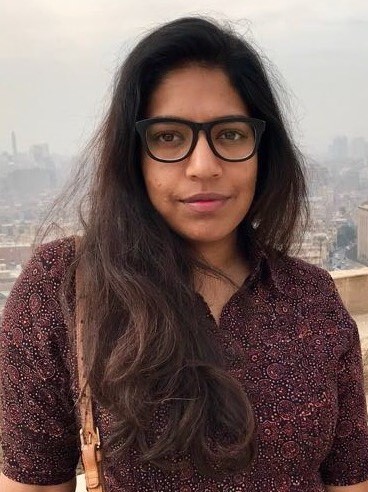
Dissertation: Formations of Tamil Islam: Negotiations and Contestations in Contemporary South India
My dissertation examines the practices through which Muslims in the South Indian state of Tamil Nadu cultivate and sustain attachments to multiple traditions, histories, and places. Continued attempts by the Indian state to regulate Muslim religiosity has obscured the everyday ways in which Tamil Muslims constitute Muslim subjectivity and modalities of belonging that exceed the essentializing categories of nationalist discourse. Based on 18 months of ethnographic research among mosques, shrines, pilgrimage centers and Islamic organizations in Tamil Nadu, I argue that “Tamil Islam” is at once deeply embedded in the cultural landscape of Tamil Nadu and mediated by histories and geographies that extend beyond the region. I pay particular attention to the contestations among Tamil Muslims about ‘correct’ Islamic practice vis-à-vis long-standing forms of religiosity that are coded as both Islamic and Tamil. I suggest that an understanding of “Tamil Islam” depends not only on the explicit arguments—active debates, public speeches, and religious discourses—that seek to define it, but also on heterogeneous, everyday embodied practices of devotion and care. Ultimately my research throws into relief different ethical possibilities of imagining Muslim religiosity and belonging that are not limited by either political discourse or the geographical boundaries of Tamil Nadu and the Indian nation-state.
Recent Research / Recent Publications
My dissertation investigates how Muslims in Tamil Nadu, India, negotiate challenges to long-standing devotional practices. Historically, shrine spaces, typically associated with Sufi practices, have occupied a dominant space in the Tamil Muslim landscape and imaginary. However, in recent decades, the influence of particular kinds of Islamic thought, often understood as orthodox and rigid, are viewed as a new and worrying trend by certain sections of the Muslim community, secular elites, and government investigation agencies. Routine explanations of such a trend—as an aberration or a turn to orthodoxy in reaction to a Hindu majoritarian government and its policies—tend to obscure the ways in which certain forms of Islamic orthodoxy are constituted as a threat, and what and whom they are seen to be threatening. This research project examines the conditions of contemporary Tamil society in which particular affects and anxieties about new forms of religiosity and authority and are generated. My study will ethnographically explore how competing understandings and approaches to questions of Tamil Muslimness and ‘correct’ Islamic practice are shaping everyday social interactions among Muslims in Tamil Nadu.
 THE UNIVERSITY OF CHICAGO
THE UNIVERSITY OF CHICAGO

